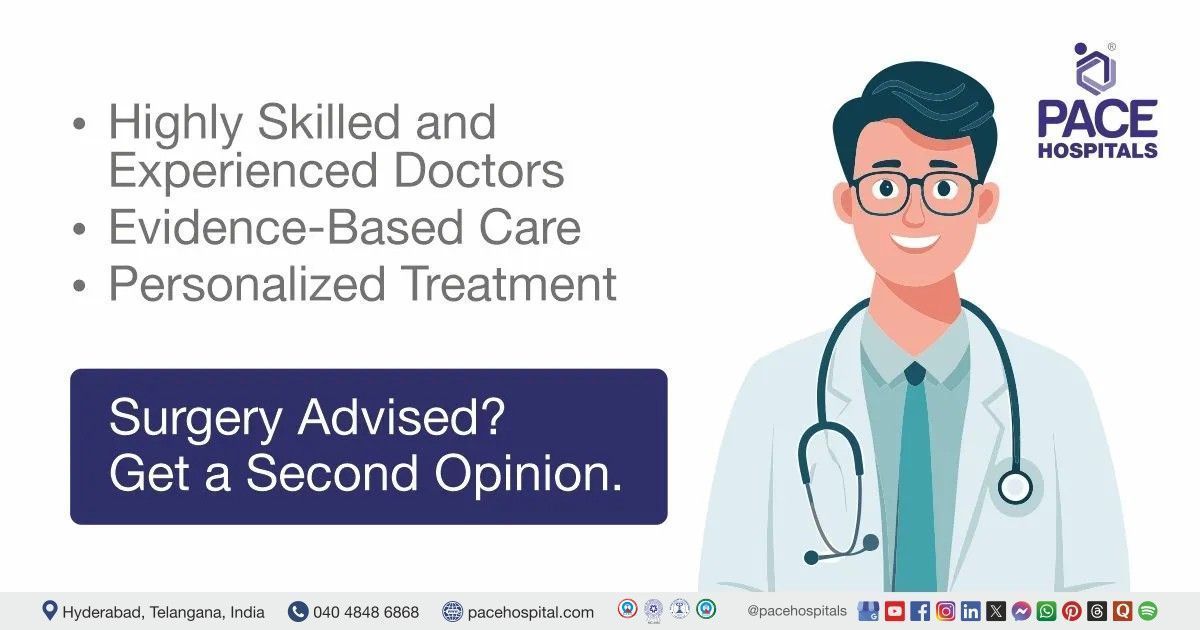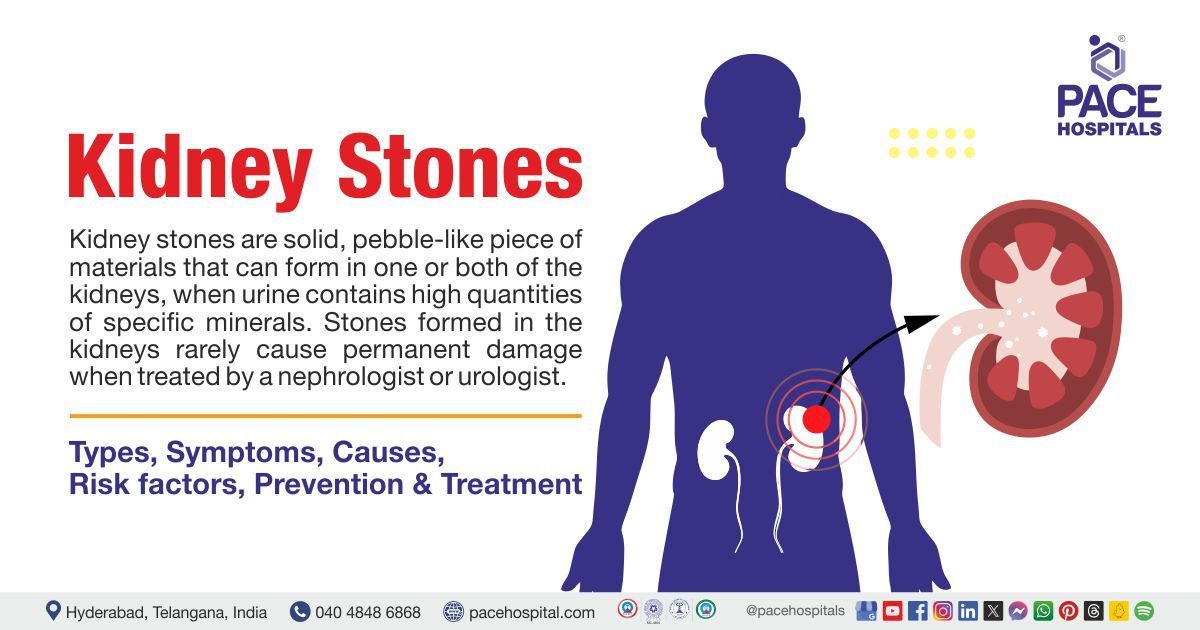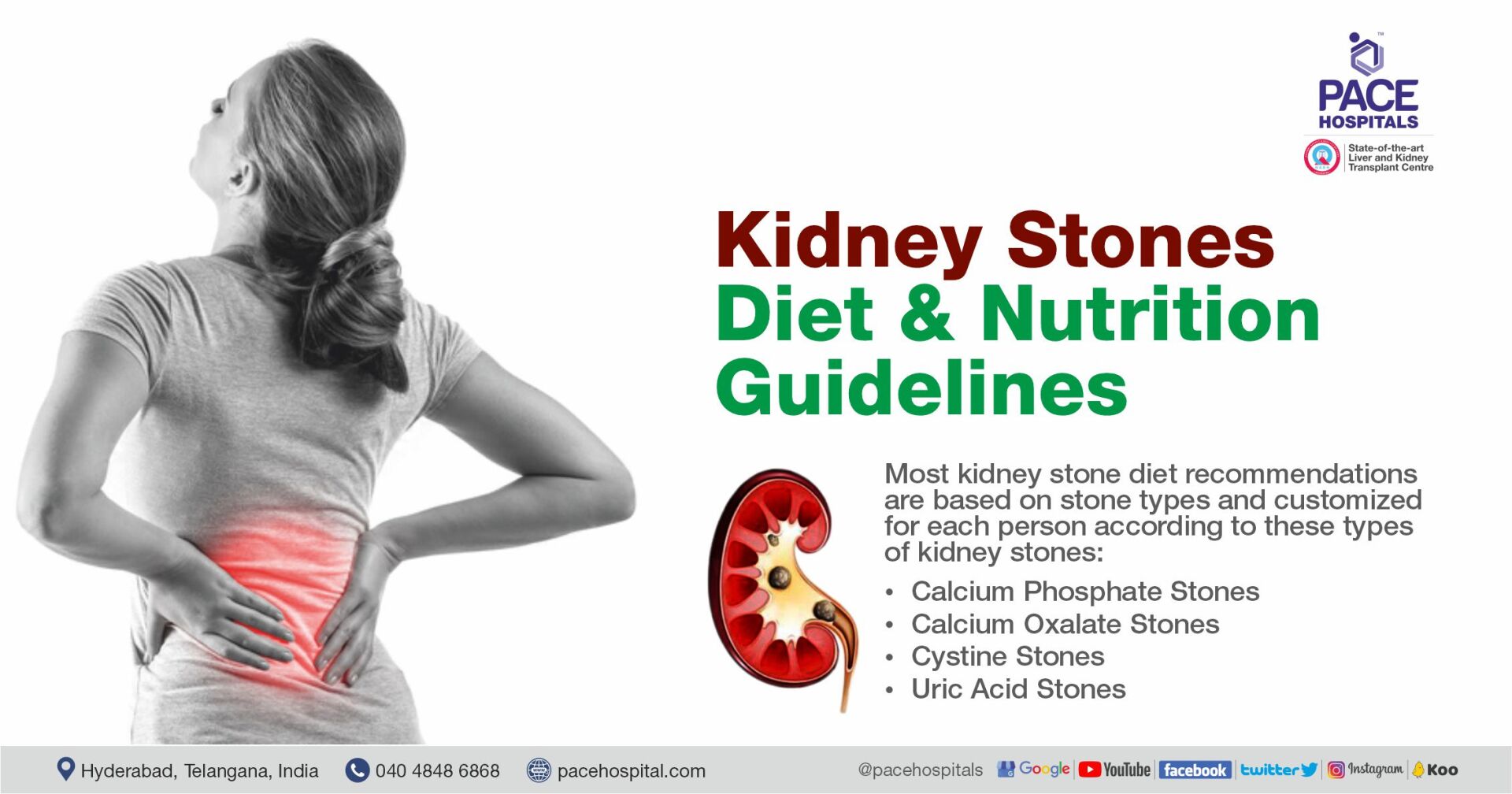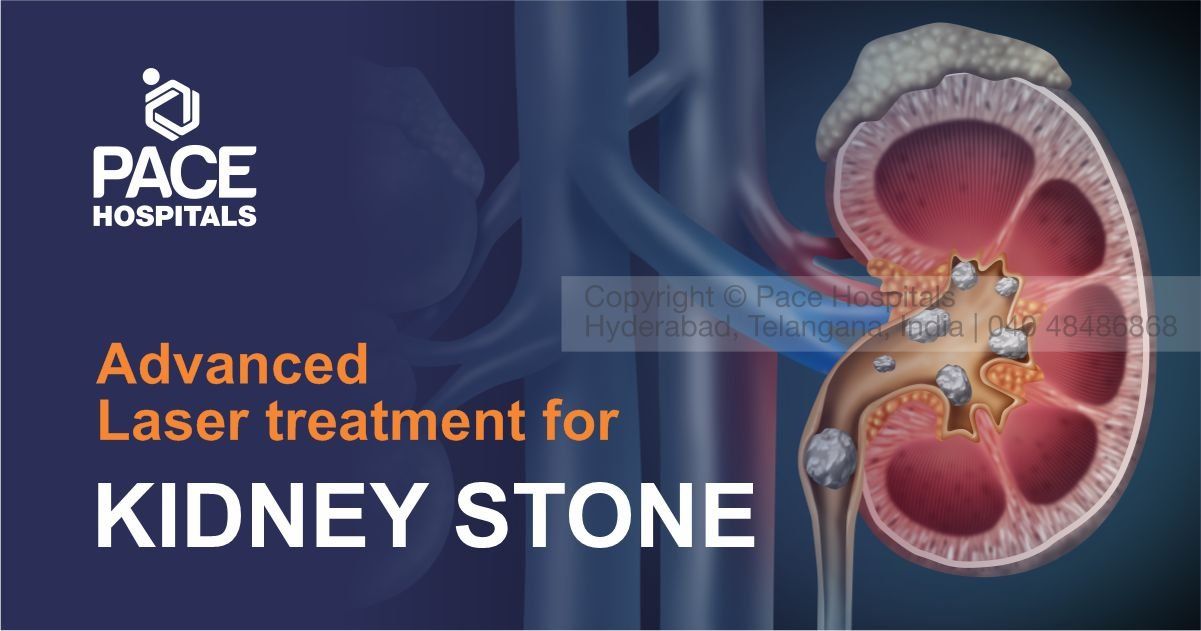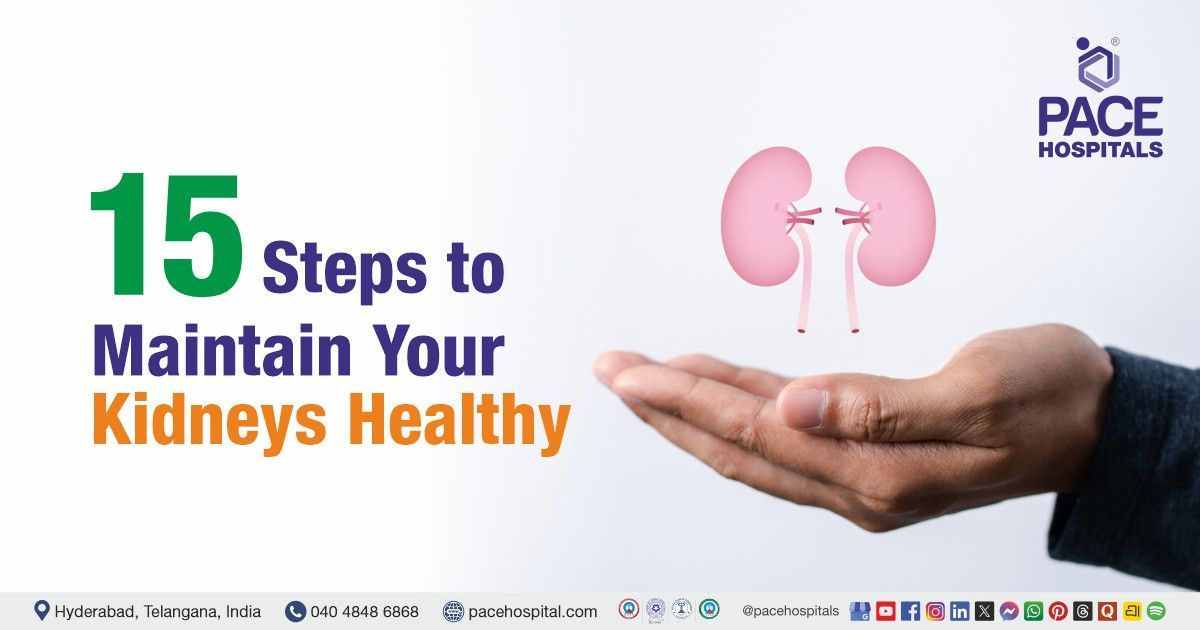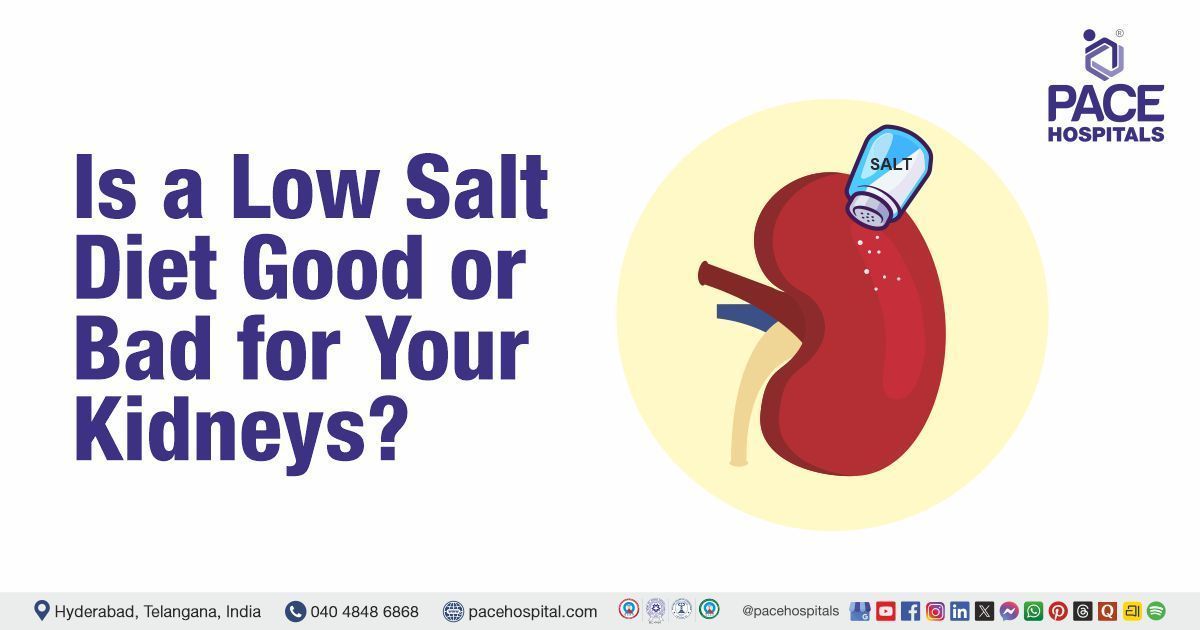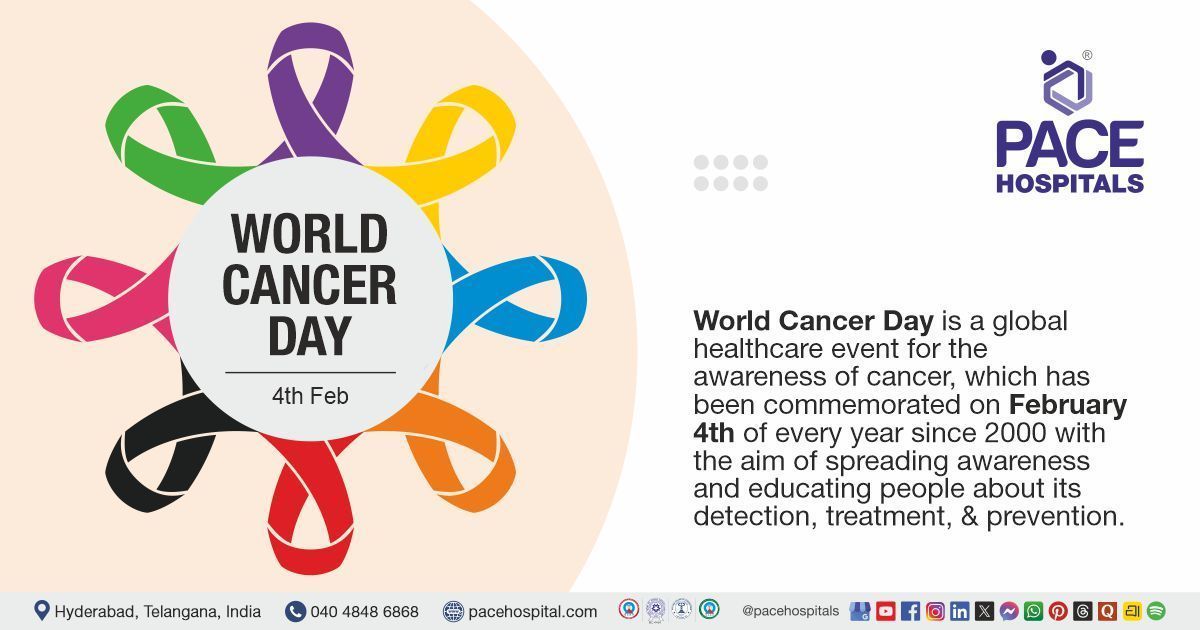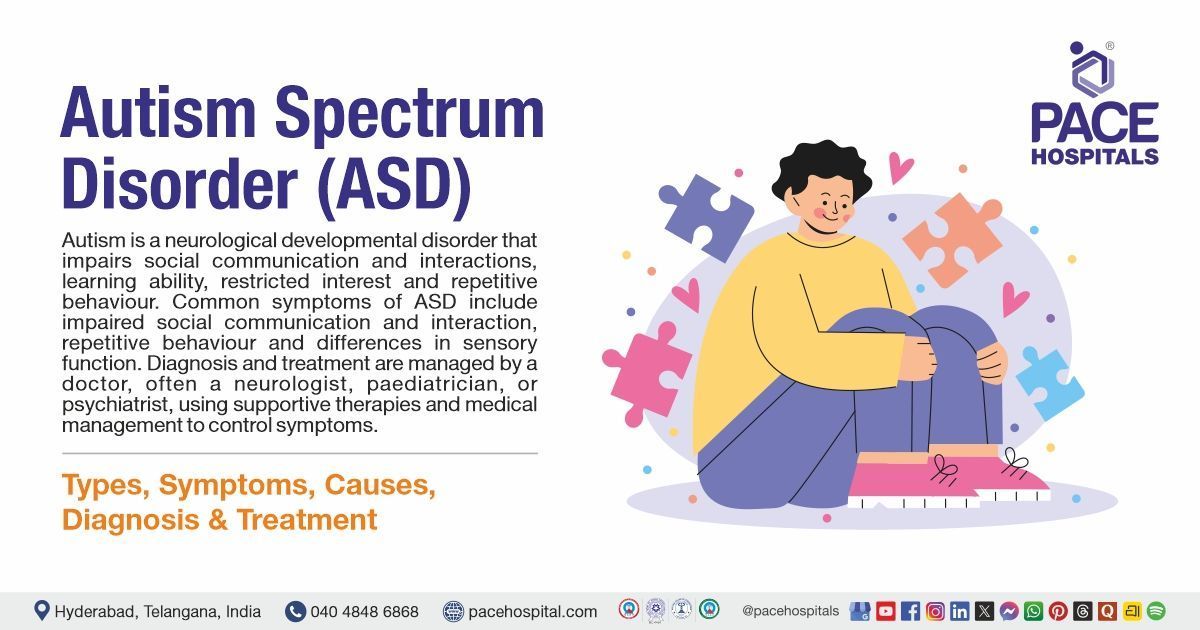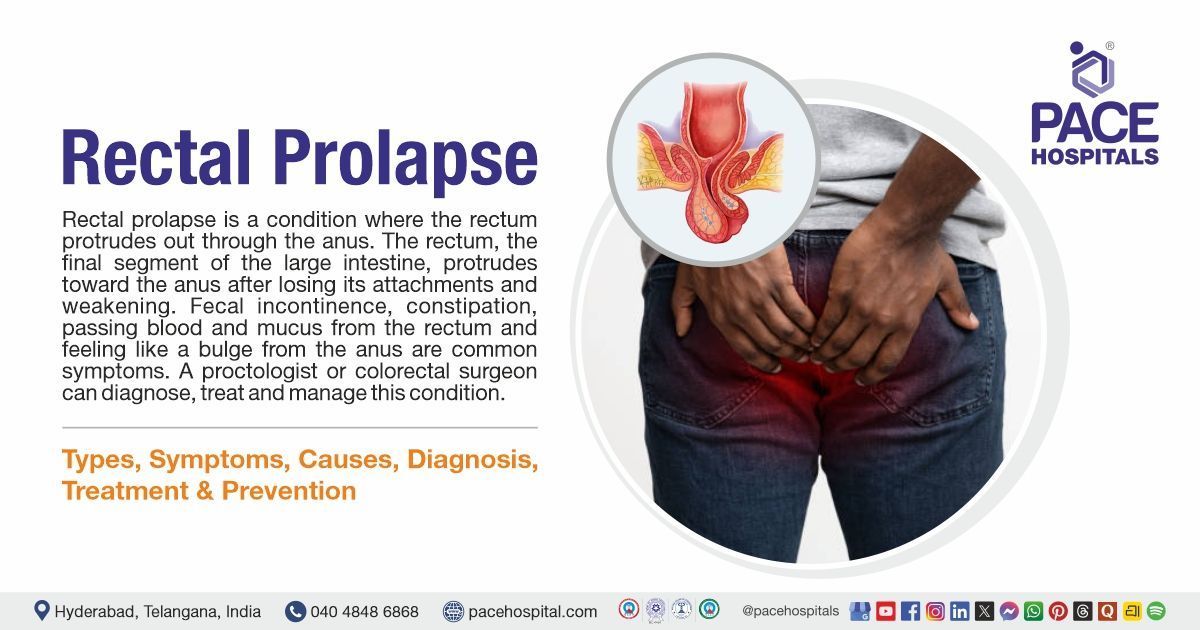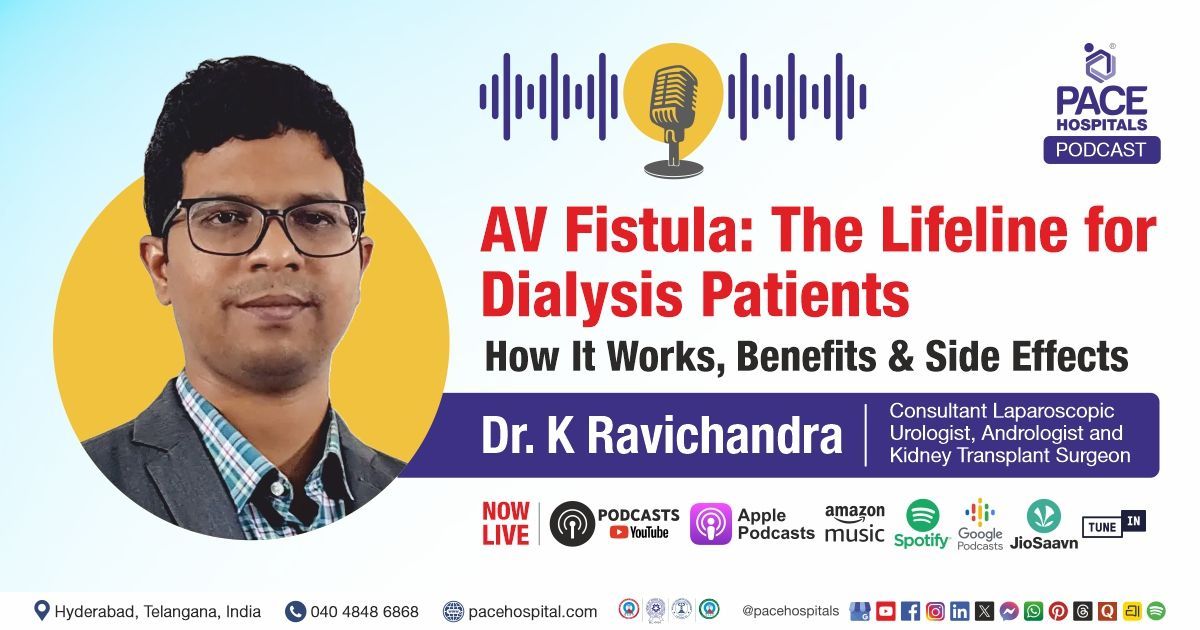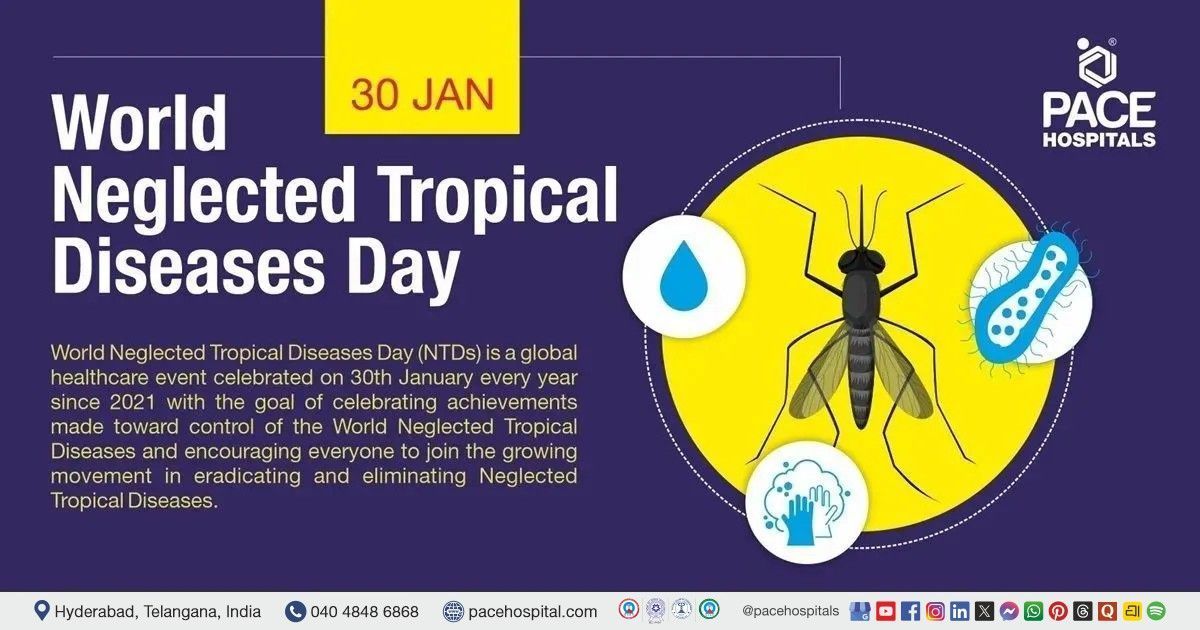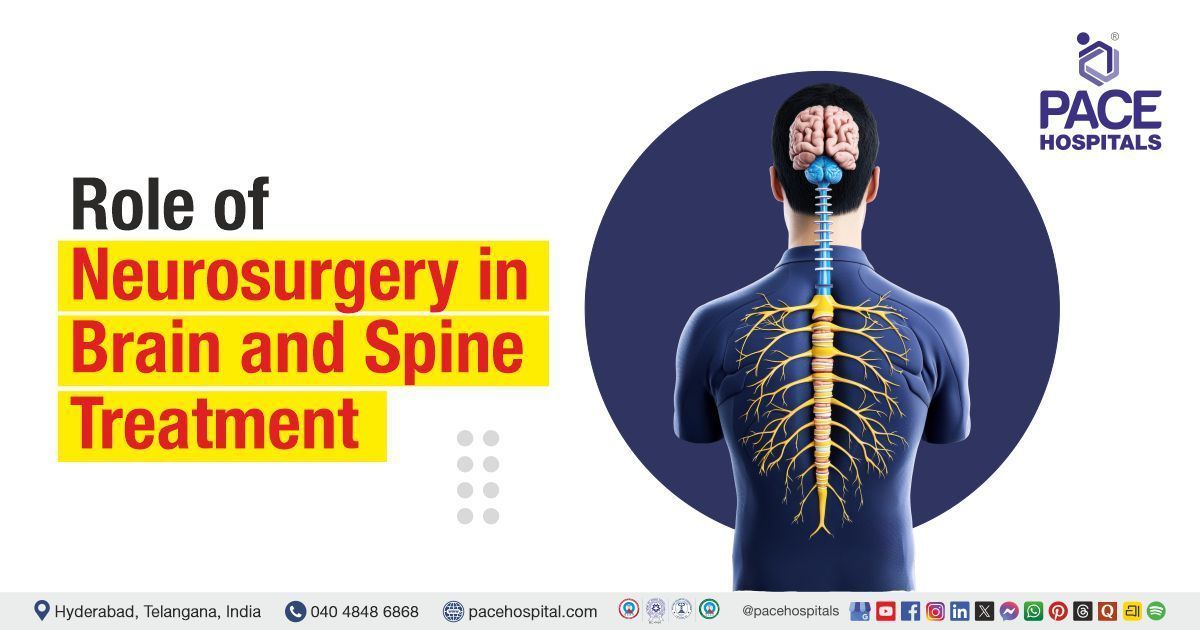Best Doctor for Kidney Stone in Hyderabad for Expert Diagnosis & Treatment
PACE Hospitals
✅ Recommended by 9,452 Happy Patients. Get hassle-free appointments with kidney stone specialist doctor.
Dr. Vishwambhar Nath
MBBS, MS (General Surgery), DNB (Urology), M.Ch (Urology)
Experience : 40+ years
Senior Consultant Urologist & Renal Transplant Surgeon
Specialist
Specialist in Minimally Invasive treatments for Kidney Stones, BPH and Bladder Dysfunction, and Urological Cancers with a special interest in Bladder Cancer, Kidney Transplantation, and Laparoscopic and Robotic Urology.
Expertise
Medical and Surgical Treatment for BPH and Bladder Dysfunction, Urological Cancers, Reconstructive and tropical Urology, Minimally Invasive treatments for Kidney Stones, Kidney Transplantation, Evidence-Based Medicine, and Bringing the Art Back Into the Science of Medicine.
Consultation Details
Languages Spoken: English, Hindi
Timing: Mon, Wed, Fri - 11 AM to 1 PM
Location: PACE Hospitals, HITEC City
Dr. Abhik Debnath
MBBS, MS (General Surgery - IMS, BHU), MCh (Urology - CMC Vellore), DNB (Urology)
Experience : 12+ years
Consultant Laparoscopic Urologist, Endourologist, Andrologist & Kidney Transplant Surgeon
Specialist
Specialist in Urological conditions - Kidney stones, Bladder stones, Ureteral stones, Urinary tract infections, Pelviureteric junction obstruction, Chronic kidney disease, Bladder infections, Enlarged prostate, Hydrocele, Overactive Bladder, Interstitial Cystitis, Haematuria, Sexually transmitted infections, Paediatric urological conditions (undescended testicles and bedwetting), Urethral stricture, Urofacial syndrome, Bladder exstrophy, Hydronephrosis, Cancer conditions (bladder cancer, kidney tumour, testicular cancer and prostate cancer), etc.
Expertise
Minimally invasive procedures (endoscopic, laser, laparoscopic and robotic) that includes Renal transplantation and AV fistula creation, Double J stenting, Ureteroscopic lithotripsy (URL), Retrograde intrarenal surgery (RIRS), Percutaneous nephrolithotomy (PCNL), Percutaneous cystolithotomy (PCCL), Cystolitholapaxy, Transurethral resection of the prostate (TURP), Holmium laser prostate surgery (HoLEP), Transurethral resection of bladder tumour (TURBT), Direct vision internal urethrotomy (DVIU), urethroplasty, perineal urethrostomy, etc. In addition, he has special interests in diagnosing and treating overactive or underactive bladder, neurogenic bladder, voiding dysfunction, urological cancers, and urological stones.
Consultation Details
Languages Spoken: English, Hindi, Bengali, Telugu
Timing: Mon to Sat - 9 AM to 6 PM
Location: PACE Hospitals, HITEC City
Dr. K Ravichandra
MBBS, MS (General Surgery), MCh (Urology)
Experience : 11+ years
Consultant Laparoscopic Urologist, Andrologist & Kidney Transplant Surgeon
Specialist
Specialist in Urinary tract infections, Kidney stones, Pelviureteric junction obstruction, Bladder stones, Ureteral stones, Bladder infections, Chronic kidney disease, Enlarged prostate, Overactive Bladder, Hydrocele, Interstitial Cystitis, Sexually transmitted infections, Haematuria, Urethral stricture, Bladder exstrophy, Hydronephrosis, Cancer conditions (bladder cancer, kidney tumour, testicular cancer and prostate cancer), etc.
Expertise
Ureteroscopic Lithoripsy (URSL), Retrograde Intrarenal Surgery (RIRS), Double-J stenting, Percutaneous Nephrolithotomy(PCNL), Percutaneous Cystolithotomy, Cystolitholapaxy, Transurethral Resection of Prostate(TURP), Nephrectomy, Direct Visual Internal Urethrotomy etc.
Consultation Details
Languages Spoken: English, Telugu, Hindi
Timing: Mon to Sat - 10 AM to 6 PM
Location: PACE Hospitals, HITEC City
Dr. A Kishore Kumar
MD (Medicine) (JIPMER), DM (Nephrology) (AIIMS, New Delhi)
Experience : 11+ years
Consultant Nephrologist and Renal Transplant Physician
Specialist
Kidney Transplantation, Glomerular Disease, Chronic Kidney Disease, Acute Kidney Injury, Hemodialysis, Peritoneal Dialysis, Autoimmune Kidney Diseases, Genetic Kidney Diseases, Critical Care Nephrology
Expertise
Permcath Insertions, Kidney Biopsy, Peritoneal Dialysis Catheter Insertion
Consultation Details
Languages Spoken: English, Telugu, Hindi
Timing: Mon to Sat - 10 AM to 6 PM
Location: PACE Hospitals, HITEC City
Top Kidney Stone Specialist in Hyderabad for Comprehensive Surgical and Non-Surgical Care
PACE Hospitals is known for having the Top Kidney Stone Specialist in Hyderabad, India, who provides expert care for patients with kidney stones of various sizes and types. Our experienced kidney stone doctors, from the Departments of Urology and Nephrology, focuses on accurate diagnosis and personalised management plans that combine modern medicine with preventive guidance. Each patient is treated with care, clarity, and continuous support to ensure better recovery and long-term kidney health.
Our expert kidney stone specialist doctors use advanced diagnostic methods, including ultrasound, CT, KUB scans, and urine tests, to determine the type and location of the stone. Depending on the findings, treatment may involve medicines, lifestyle changes, or procedures to remove kidney stones using laser, ureteroscopy, or PCNL techniques. Every plan is customised to relieve discomfort quickly while preventing recurrence.
At PACE Hospitals, specialists in Urology and Nephrology work together to provide comprehensive kidney stone treatment and follow-up care. The best doctor for kidney stone treatment in Hyderabad ensures smooth coordination from diagnosis to recovery, helping patients manage pain, restore kidney function, and maintain overall wellness.
PACE Hospitals is home to the Best Doctor for Kidney Stone in Hyderabad, India, combining clinical expertise with compassionate patient care. With advanced facilities, a skilled medical team, and a commitment to lasting results, we remain one of Hyderabad’s most trusted centres for kidney stone management and urological care.
Frequently Asked Questions (FAQs) on Kidney stone
What are the different types of kidney stones?
There are four types of kidney stones, mainly calcium oxalate stones, which are frequently observed in patients. The formation of kidney stones varies depending on the type of stone. Types of renal stones include:
- Calcium oxalate kidney stones
- Uric acid kidney stones
- Struvite or ammonium kidney stones
- Cystine stones
For accurate identification and management, consult an experienced kidney stone doctor.
Who is the best doctor for kidney stone in Hyderabad?
At PACE Hospitals, kidney stone treatment is provided by the best kidney stone doctor in Hyderabad, including Dr. Vishwambhar Nath, Dr. Abhik Debnath, Dr. K Ravichandra, and Dr. A. Kishore Kumar. They manage kidney stones of all sizes through careful evaluation and personalised care, offering treatment options such as medication, dietary guidance, lithotripsy, endoscopic stone removal & minimally invasive surgery when needed to ensure effective stone clearance and long-term urinary health.
What are the potential risk factors for developing kidney stones?
Kidney stones are a frequent urological problem caused by a variety of risk factors. Understanding these characteristics is critical for prevention and successful management.
Kidney stones may be more likely to occur if people have risk factors such as:
- Family history
- Hypertension (increased blood pressure)
- Gender
- Obesity
- Increased urinary acidity
- Urinary tract infections
- Bone disorders
- Diabetes (increased blood glucose)
- Gout (elevated levels of uric acid in knee joints)
- Hyperparathyroidism (increased levels of parathyroid hormone)
- Renal tubular acidosis (kidneys unable to remove acids from the blood into the urine)
People with these factors should consult a top kidney stone specialist in Hyderabad, India for preventive care.
What are the early signs that one might have a kidney stone?
Kidney stones can be highly painful and recognising the early warning signs might help the patient to seek treatment before the situation worsens. Here are some early signs and symptoms to look for:
- Sharp pain in lower back, lower abdomen, and groin (area where upper thigh meets lower abdomen)
- Haematuria (Blood in urine)
- A constant need to urinate
- Dysuria (painful urination)
- Unable to urinate or urinating only little amount of urine
- Cloudy or foul-smelling urine
Early evaluation by an expert kidney stone specialist doctor ensures prompt diagnosis and relief.
How do I choose the best kidney stone doctor in Hyderabad?
The best doctor for kidney stone in Hyderabad is usually a urologist who treats stone cases regularly and can clearly explain the size, location, and cause of the stone using appropriate tests such as scans, ultrasounds, and blood or urine reports. Look for a doctor who offers the full range of treatment options, including medication when suitable, ESWL shockwave therapy, ureteroscopy or RIRS, and PCNL, and who also provides guidance on prevention after treatment, including advice on diet, hydration, and follow-up care. At PACE Hospitals, patients can consult experienced kidney stone specialists who focus on accurate diagnosis, choosing the most appropriate treatment, and reducing the risk of recurrence.
What diagnostic tests are used to confirm kidney stones?
The process of diagnosing kidney stones consists of various parts. The urologist reviews the medical history, conducts a physical examination, and order imaging tests.
Medical history: The urologist/urogynecologist will enquire about any medical illnesses or risk factors that could lead to kidney stone formation. These may include dehydration, family history, specific foods, and underlying medical issues.
Physical examination: The urologist will look for indicators of kidney stones, such as abdominal or lower back pain, blood in the urine, and trouble urinating.
Imaging tests
- Ultrasound scan
- MRI scan of the abdomen and kidneys
- Abdominal computed tomography (CT) scan
- Abdominal X-rays
Lab test for kidney stones
- Blood test
- Urine test
Testing should be performed under the supervision of the best doctor for kidney stone treatment in Hyderabad, Telangana, India.
What size of kidney stones require surgery or intervention?
In general, stones with a diameter of 4 mm or less will most likely pass spontaneously, but stones larger than 8 mm are unlikely to pass without surgical intervention. Medical expulsive therapy (MET) frequently passes stones ranging in size from 5-8 mm, particularly those positioned in the distal ureter. If the size of the stone is large, it is difficult to pass spontaneously, and hence the more likely it will require surgery. A good kidney stone doctor can assess the stone size and recommend the right procedure.
What complications can arise from untreated kidney stones?
If left untreated, kidney stones can create potential consequences. However, this is uncommon because most kidney stones are treated before they become problematic.
Complications that arise due to untreated kidney stones include:
- Abscess formation (accumulation of pus)
- Forniceal rupture (situation in which urine leaks outside of the renal collecting system)
- Hydronephrosis (swelling of kidneys)
- Perinephric abscess (collection of pus in the cone-shaped compartment in the abdomen that contains kidneys, adrenal glands, etc.)
- Pyelonephritis (kidney infection)
- Pyonephrosis (kidney infection that starts with accumulation of pus in the upper collecting system and can become obstructed)
- Renal colic (discomfort that develops when a stone obstructs the urinary system)
- Kidney failure (complete loss of kidney function)
- Sepsis (a hazardous condition in which the body fails to respond appropriately to an infection)
- Urosepsis (a kind of sepsis happens when a urinary tract infection (UTI) goes untreated and progresses to the kidneys)
- Ureteral stones (stones in tubes that carry urine)
- Urinary extravasation (Urine leakage into surrounding tissues owing to a bladder or urethral wall defect)
- Urinoma (Accumulation of urine that develops in the back of the abdomen)
Seek help from a kidney stone specialist to prevent such complications.
When should one see a specialist for kidney stones?
If an individual has severe pain in their side or back, especially if it is accompanied by blood in the urine, fever, chills, nausea, vomiting, or difficulty urinating, one should consult a kidney stone specialist (urologist) right away, this could indicate a large stone that requires medical intervention and should seek immediate medical attention.
It’s advisable to contact the
best doctor for kidney stone in Hyderabad at PACE Hospitals for urgent care.
Can kidney stones cause permanent kidney damage if left untreated?
Yes, if left untreated, kidney stones can cause permanent kidney damage, particularly if they grow large enough to block the urinary tract, preventing normal urine flow and potentially leading to kidney infections and impaired kidney function. This risk can be minimized with care from the
best kidney stone doctor in India at PACE Hospitals, Hyderabad.
Can certain medications cause kidney stones?
Yes. Some medications do increase the risk of developing kidney stones. Medications that increase the risk include:
- Non-steroidal anti-inflammatory drugs
- Antacids
- Diuretics
- Certain antibiotics
- Certain antiviral medications (anti-retroviral drugs)
- Certain antiepileptic drugs
If on long-term medication, consult
experienced Kidney Stones Treatment Doctors in Hyderabad at PACE Hospitals for preventive guidance
Can medications help dissolve kidney stones?
Uric acid stones, are the only type of kidney stones that can be dissolved by medication. Alkaline citrate salts or sodium bicarbonate are suggested for this purpose, and sometimes xanthine oxidase inhibitors.
These are prescribed by a
kidney stone best doctor after evaluating the stone composition.
What are the chances of kidney stones recurring?
According to medical research, if an individual was diagnosed with kidney stones previously, there is a 35-50% probability of having another stone within 5 years, which means a considerable likelihood of recurrence for many people who have had kidney stones previously. A top kidney stone doctor in Hyderabad, India can recommend preventive lifestyle and dietary changes.
What are the treatment options available for kidney stone treatment?
Majority of the kidney stones can be treated without surgery. Most stones will pass on their own in three to six weeks. If a stone does not pass and obstructs urine flow, or causes bleeding or infection, it may need to be removed. kidney stones treatment is based on their size, location, and the symptoms they produce. Here are some popular kidney stone treatment options:
- Pharmacological therapy
- Surgical procedures (Kidney stone operation)
Pharmacological therapy (kidney stone medicine)
Pharmacological therapy for kidney stones is frequently used to relieve discomfort, help stone passage, and prevent recurrence. kidney stone medications to tackle the symptoms include:
- Nonsteroidal anti-inflammatory drugs (NSAIDs)
- Opioids
Surgical procedures (kidney stone surgery)
There are different types of non-invasive techniques and surgery that are performed according to the size and location of the renal stone:
- Kidney stone laser treatment also termed laser lithotripsy
- Retrograde Intrarenal Surgery (RIRS)
- Ureterorenoscopic Lithotripsy (URSL) with Holmium Laser
- Extracorporeal shock wave lithotripsy (ESWL)
- Percutaneous Nephrostolithotomy (PCNL) Procedure
Treatment should be guided by an
expert kidney stone treatment doctor.
What are the benefits of minimally invasive kidney stone treatments?
A minimally invasive surgical method has numerous advantages over typical, open surgeries, which include:
- Reduced trauma as surgeons avoids cutting through muscle and tissue to reach the operative site.
- Shorter hospital stay
- Less scarring
- Safety, due to reduced blood loss and infection risk.
- Low complications
- Enhanced recovery
For safe and efficient care, choose the best doctor for kidney stone in Hyderabad, Telangana, India.
How does a kidney stone specialist determine the best treatment option?
In order to determine the best treatment, a kidney stone specialist consider the patient's overall health as well as the size, location, and type of kidney stone. Diagnostic tests (imaging tests) such as CT scans or ultrasounds are often used to precisely assess the characteristics of the stone, and a stone analysis is frequently performed to determine the composition of the stone and guide future decisions. stones that are smaller can be managed with increased fluid intake and pain medication, while larger or obstructing stones may require procedures like extracorporeal shock wave lithotripsy (ESWL) or surgery, depending on the circumstances. Consult the
experienced kidney stone doctor for a personalized approach.
What is the cost of kidney stone treatment in Hyderabad?
Kidney stone surgery cost in Hyderabad can vary from ₹90,000 to ₹1,45,000 (US$1075 to US$1745), it depends on several factors, such as the type of surgery, the size and location of the stone, the hospital or surgical center, and the experience and expertise of the surgeon.
At PACE Hospitals, we offer a range of surgical options for kidney stones, including shock wave lithotripsy, RIRS (Retrograde Intrarenal Surgery), URSL (Ureteroscopy with Lithotripsy), PCNL (Percutaneous nephrolithotomy). Our team of kidney stone specialist doctor (urologist) will evaluate patient condition and recommend the most appropriate and cost-effective treatment option. We are committed to providing high-quality and affordable healthcare services, and we strive to offer competitive pricing for our surgical procedures.
What our patients have to say
Experts Perspective
Related Articles
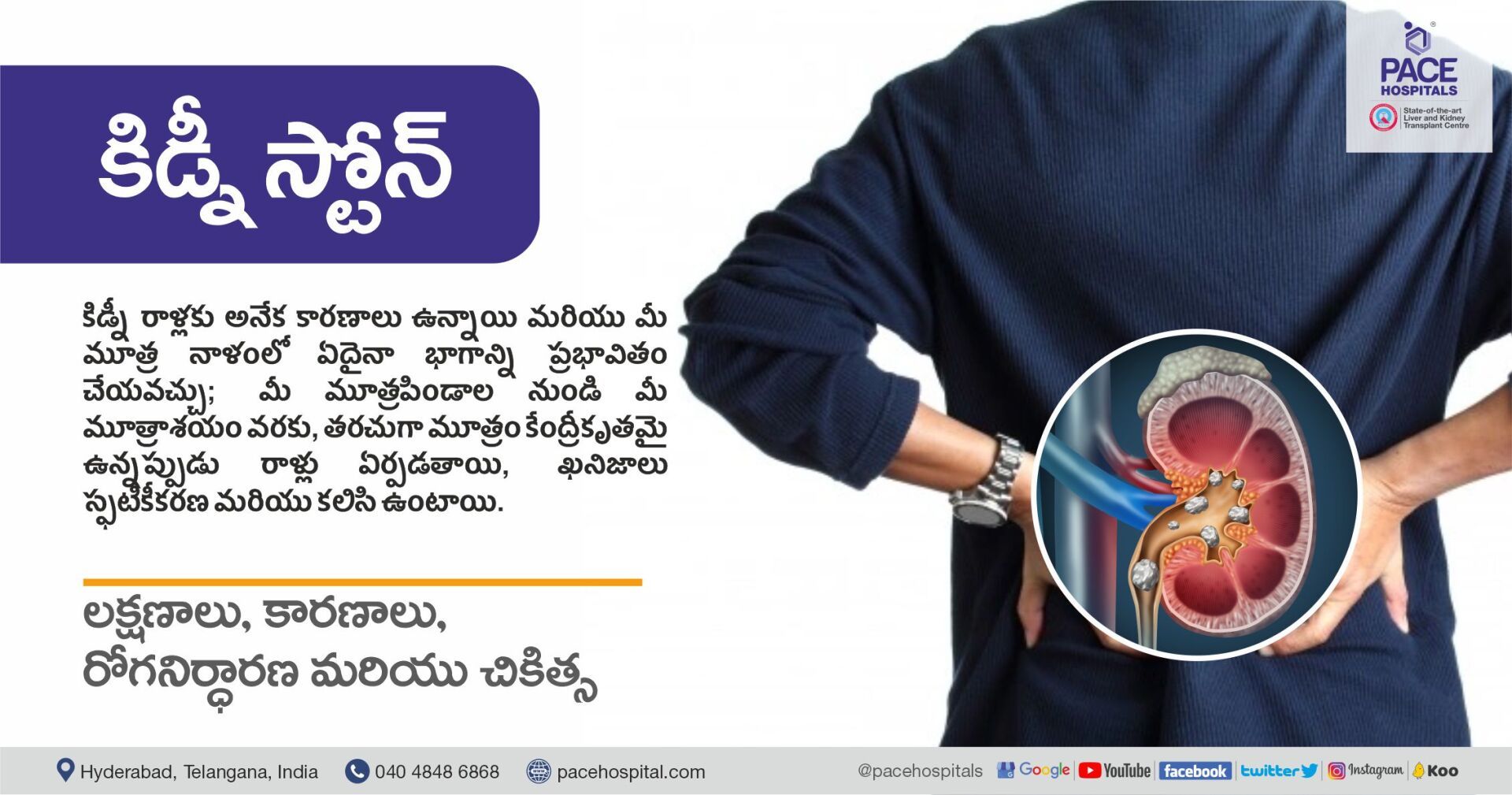
Why choose PACE Hospitals?
- A Multi-Super Speciality Hospital.
- NABH, NABL, NBE & NABH - Nursing Excellence accreditation.
- State-of-the-art Liver and Kidney transplant centre.
- Empanelled with all TPAs for smooth cashless benefits.
- Centralized HIMS (Hospital Information System).
- Computerized health records available via website.
- Minimum waiting time for Inpatient and Outpatient.
- Round-the-clock guidance from highly qualified super specialist doctors, surgeons and physicians.
- Standardization of ethical medical care.
- 24X7 Outpatient & Inpatient Pharmacy Services.
- State-of-the-art operation theaters.
- Intensive Care Units (Surgical and Medical) with ISO-9001 accreditation.
Share on
Request an appointment
Fill in the appointment form or call us instantly to book a confirmed appointment with our super specialist at 04048486868

